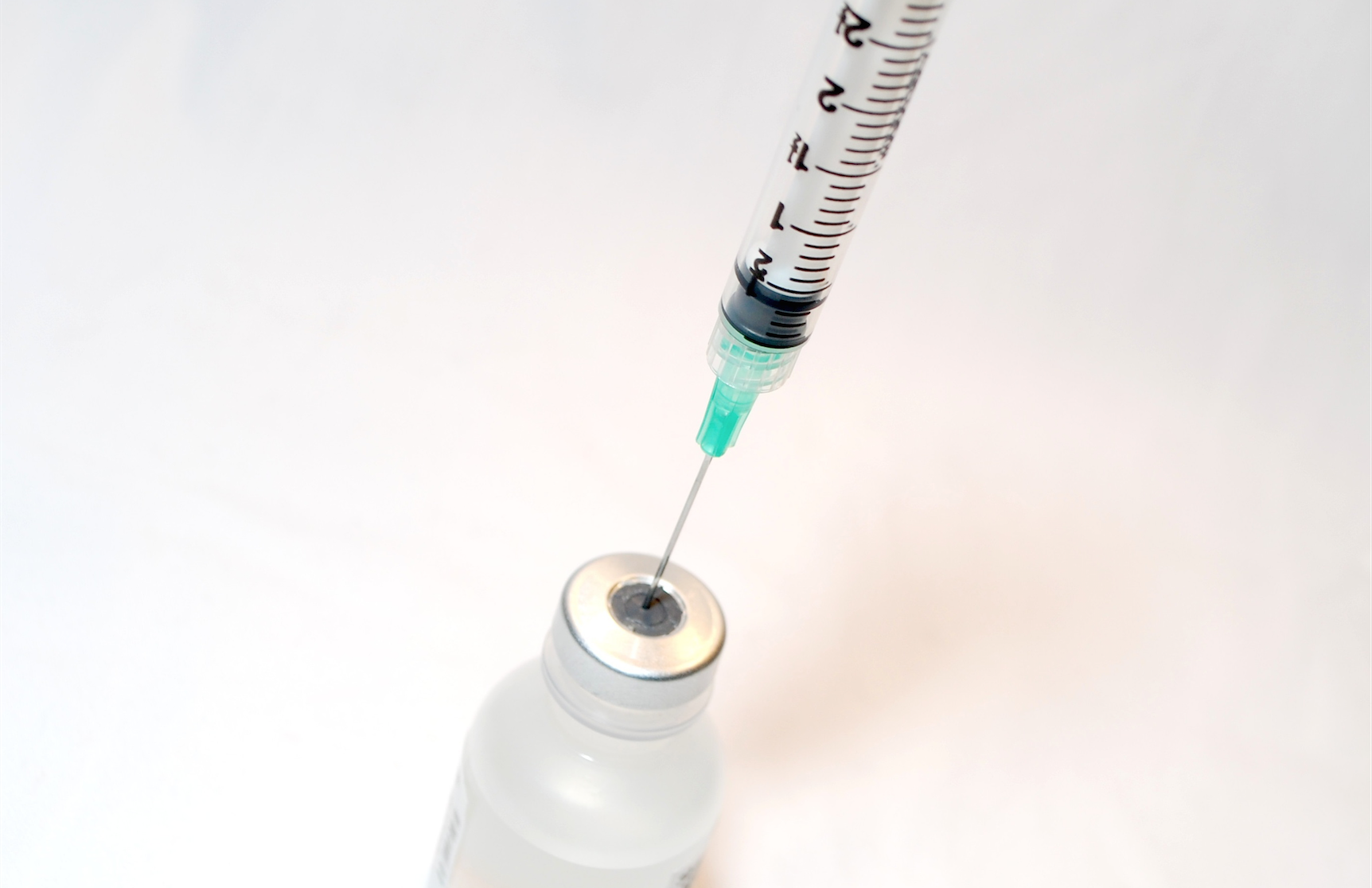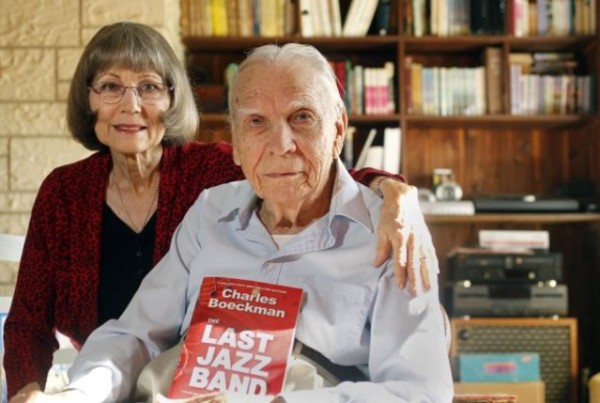The Ebola outbreak in West Africa has taken over 10,000 lives. It’s an epidemic that hit Texans close to home last year, when the virus claimed a victim in Dallas and forced the quarantine of several nurses. Six months later, Ebola has all but faded from the headlines.
But at the University of Texas Medical Branch at Galveston, Dr. Thomas Geisbert is one step closer to finding a safer, more effective Ebola vaccine without side-effects.
In a new paper in the journal Nature, Dr. Geisbert and his team say their new vaccine has protected against Ebola, and without side effects. The only catch: the trial vaccine was injected into monkeys.
But Dr. Geisbert says this means a vaccine for this specific strain of the Ebola virus seems to be close at hand. “It’s very important we demonstrate [that these vaccines are effective], so we have confidence that these vaccines would indeed protect humans,” Geisbert says.
“There are two vaccines that are currently being looked at in West Africa right now, in humans,” he says. “One of those is a vaccine … that I was in development of. I think, because the outbreak is slowing down, we may never know whether those vaccines really work or not.”
Dr. Geisbert says there are only a handful of facilities in the nation that can handle such sensitive biomedical containment, which makes UTMB an important location.
So how safe is it? “I like to describe it as a box, within a box, within a box,” Geisbert says. “We work with [Ebola] in a laboratory setting- this is not a hospital setting.”
If the ongoing human trials go well, Geisbert says he expects the new vaccine to be ready within the year.
“It really boils down to financial issues,” Geisbert says. “When a disease is relegated to very poor countries in Africa, with periodic outbreaks that stay relatively isolated to that region, drug inventors aren’t interested.
That all changed, of course, as the Ebola outbreak spread further than ever before, including to North America. “There’s no financial incentive for pharmaceutical companies, up until now, pre-2014, to develop an Ebola vaccine,” he says. “It’s not like you’re developing a drug for cancer, or heart disease, or even a more prevalent disease like malaria.”
















